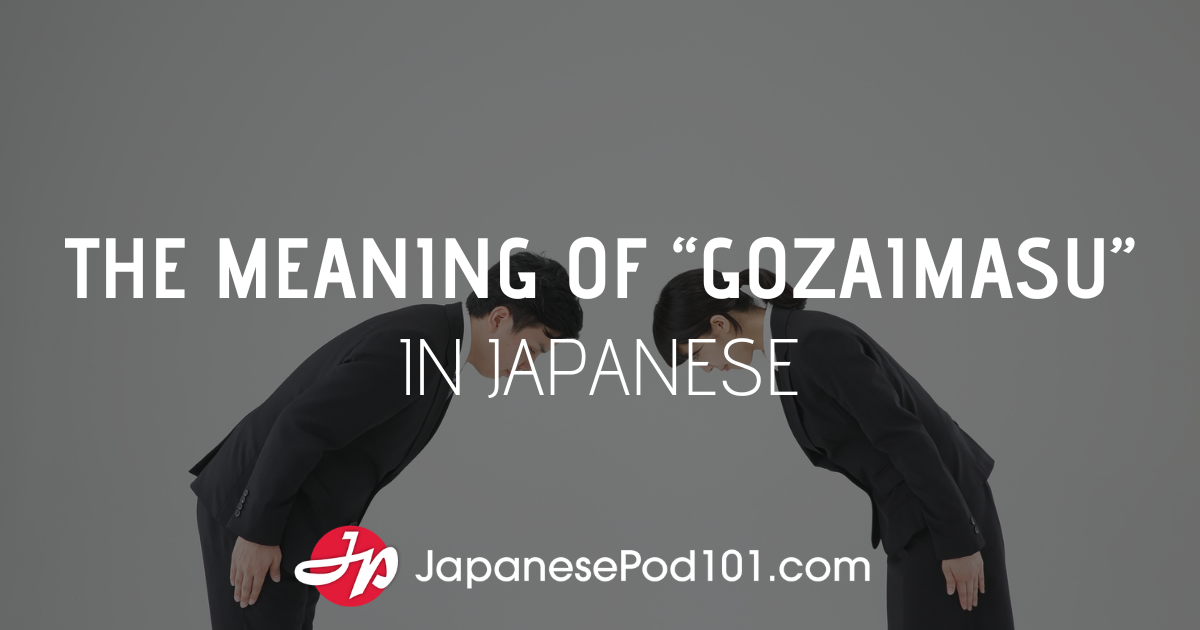| Quick Links Welcome to Kanji Curiosity | The Basics | Glossary |
Well, a promise is a promise. I told you that no matter how much 環 intimidated me, especially in the context of 環境 (kankyō: environment, situation), I would eventually return to this wild beast of a kanji and tame it.
Fortunately, 環 is not a bad-looking character. Let’s have a better look:
環
The radical, 王, is symmetrical, if slightly cramped and warped now that it’s been pushed off to the left. On the right-hand side, the top part makes a strong geometric statement, like a row of small windows. The 一 … well, who can find anything wrong with a horizontal line? And as for the bottom part, the only thing that bothers me is a tiny stroke that throws off the balance. If not for that one stroke, this component would be symmetrical, and the whole character would have nothing but local symmetries. But I’ll just think of that stroke as a freckle or a birthmark—something I should be able to overlook.
Henshall, of course, approaches these components with an eye to meaning, rather than beauty.
Henshall on the Etymology of 環 …
You’re Surrounded!
When we first saw 環境, I said the breakdown was to surround + situation. As an astute reader has since noted, Yahoo’s dictionary breaks down this compound as to surround + region with a clear boundary. Anyway, 環 can have two meanings:
1. ring, circle, loop
2. to surround, encircle; around
As “surround,” 環 doesn’t seem to involve itself in terribly interesting words. The only two I could find were these:
環海 (kankai: surrounding seas) to surround + seas
衆人環視 (shūjin kanji: the presence of the whole company; with all eyes fixed on (one)) masses + people + to surround + to inspectThis is actually a union of two autonomous words. The first compound, 衆人 (shūjin) means “the people, the public.” The second compound, 環視 (kanshi) means “looking around.”
Wow, these words make me feel surrounded and watched!
Let’s abandon the second meaning then and focus on the original one, “ring, circle, loop.” That’s where all the action is.
Ring, Circle, Loop
Here’s a great compound that jumps off the page in its elegance and cleverness:
花環 (hanawa: wreath, garland) flower + circle
Who could ask for more?
Ah, but there is more, thanks to this useful word:
循環 (junkan: circulation, rotation, cycle) sequential + circle
The compound 循環 often has to do with blood.
But 循環 turns into something not at all bloody in these terms:
循環論法 (junkan ronpō: circular argument)
sequential + circle + argument + method
悪循環 (akujunkan: vicious cycle, vicious spiral)
bad + sequential + circle
It’s hard to see circularity in this next word, unless you think of interlinked circles as forming a chain:
一環 (ikkan: link (e.g. a part of a larger plan)) one + circle
It’s also hard to imagine the usage, but the sample sentence makes it clear.
And here’s the crowning 環 word for the day:
光環 (kōkan: corona) light + ring
A corona is a luminous ring around the sun or moon. A very cool compound!
Time for your Verbal Logic Quiz. Enjoy!









